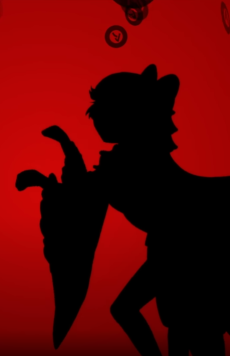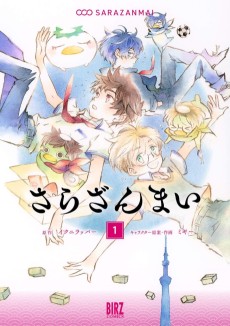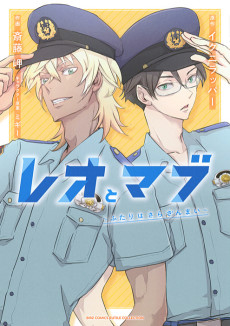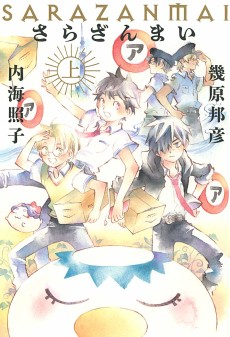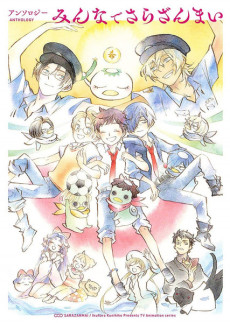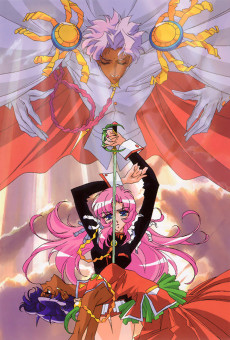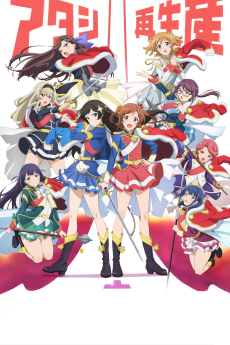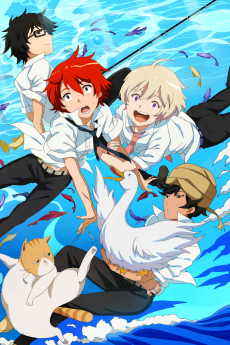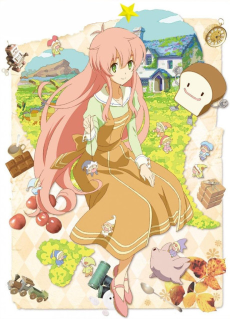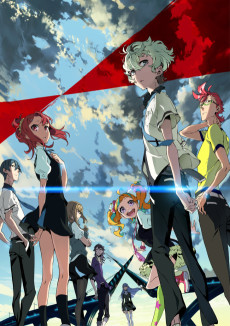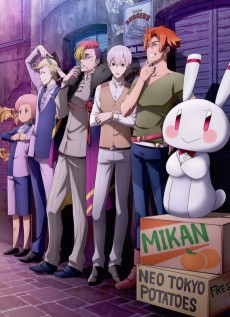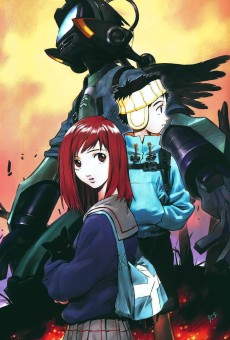SARAZANMAI
STATUS
COMPLETE
EPISODES
11
RELEASE
June 21, 2019
LENGTH
24 min
DESCRIPTION
The stage is Asakusa. One day, three 2nd-year middle school students — Kazuki Yasaka, Tooi Kuji, and Enta Jinnai — meet a mysterious kappa-like creature named Keppi, who forcibly takes their shirikodama (a mythical organ kappa steal through a person's anus) and transforms the boys into kappa.
Keppi informs them, "If you wish to return to your former selves, you must connect in 'that way' and bring me the shirikodama of zombies." Will the three boys be able to connect as they steal shirikodama from zombies?! Meanwhile, two policemen — Reo Niiboshi and Mabu Akutsu — are up to something at the police box where they are stationed.
(Source: Official Website)
CAST
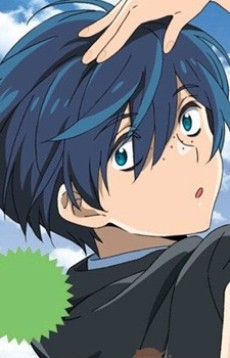
Tooi Kuji
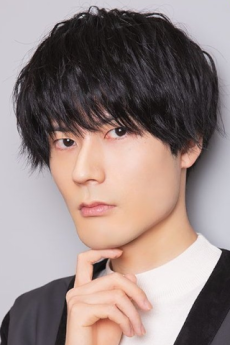
Kouki Uchiyama
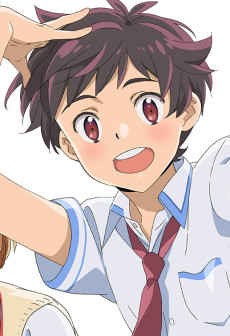
Kazuki Yasaka
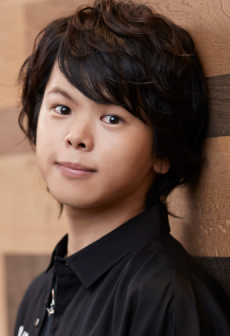
Ayumu Murase
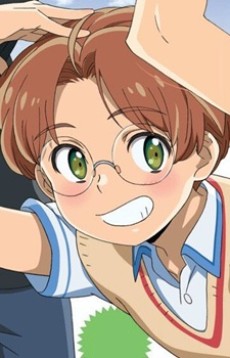
Enta Jinnai
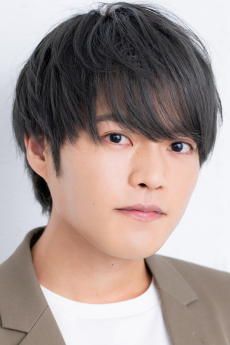
Shun Horie
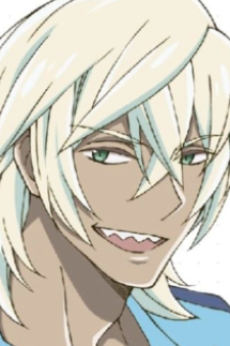
Reo Niiboshi
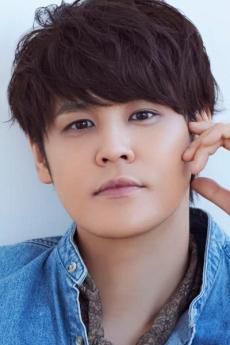
Mamoru Miyano
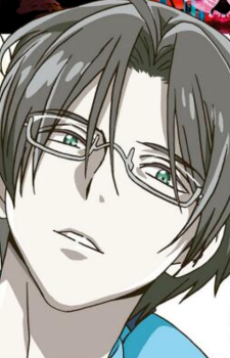
Mabu Akutsu
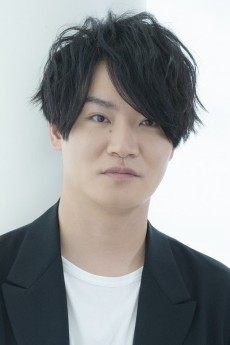
Yoshimasa Hosoya
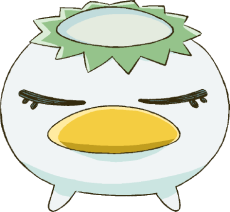
Keppi
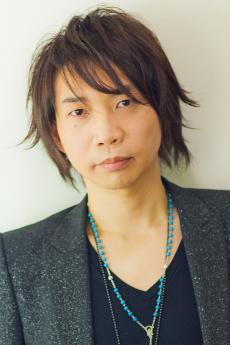
Junichi Suwabe
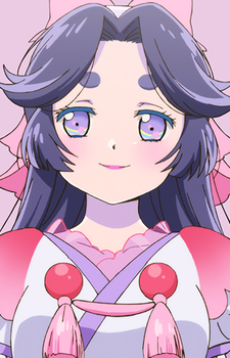
Sara Azuma
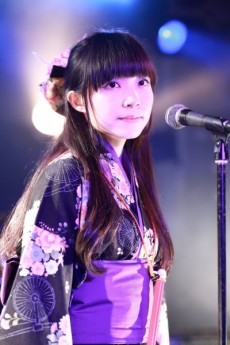
Teiko

Chikai Kuji
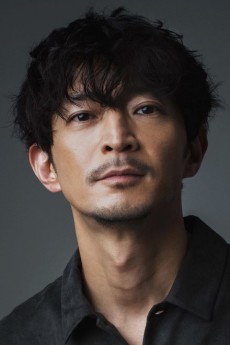
Kenjirou Tsuda
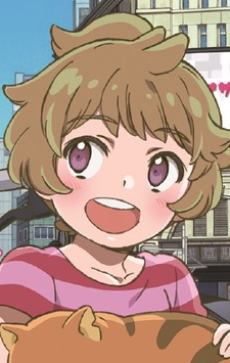
Haruka Yasaka
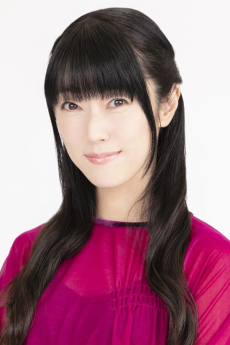
Rie Kugimiya
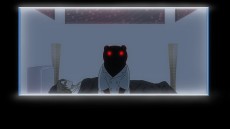
Otter
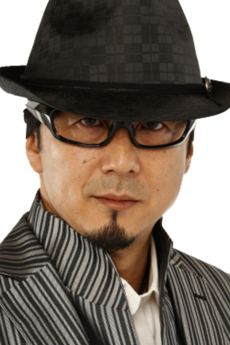
Takaya Kuroda
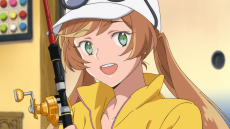
Otone Jinnai

Mariya Ise

Zombie
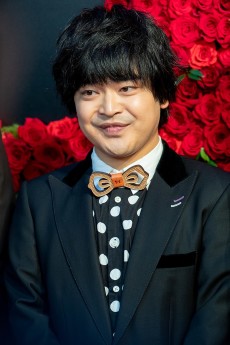
Ryou Katou
EPISODES
Dubbed
RELATED TO SARAZANMAI
REVIEWS

CodeBlazeFate
67/100I don’t think it’s as exciting or compelling as Penguindrum, but it’s definitely an improvement over its predecessor.Continue on AniList“Jesus Butt-fucking Christ, what the hell is this?!”
Art… kero.
It’s no secret that Kunihiko Ikuhara is one of the most out-there anime directors, conjuring up several queer-focused, high-concept mystery box anime on whatever themes he feels like exploring. This fact has only become more apparent over time as Sarazanmai becomes his third anime in a row this decade to focus on this type of narrative. In 2011, Mawaru Penguindrum focused on themes of changing one’s fate, with a compelling cast of characters and marvelous setpieces across a tight, binge-worthy 24-episode plot. Yuri Kuma Arashi came 4 years later, focused on love, lesbian relationships, and desire over the course of 12 episodes, only 4 of which I managed to get through before quitting. It had none of the coherence or humor of its predecessor, and its exceptionally gratuitous and insufferably blunt nature on such themes further turned me off. The lack of compelling or even consistent characters served to solidify my disappointment, as gorgeous as most of them are. Now, 4 years later and with only 11 episodes to work with, Sarazanmai focuses on the struggles of forming and keeping connections, as well as the painful, even shameful nature of secrets through the lens of gay kappas. I don’t think it’s as exciting or compelling as Penguindrum, but it’s definitely an improvement over its predecessor, bringing back some of the loveable quirkiness and solid writing that made Penguindrum so engaging.
Visually, this might be my least favorite entry in Ikuhara’s repertoire, but it’s mesmerizing to look at. The joint efforts of Studio MAPPA and Lapin Track (the latest in this decade’s horde of new studios) pay off as charming character designs move beautifully across vivid and sometimes exceptionally animated setpieces. These setpieces are so good that the anime reuses them throughout almost every episode, just with new designs and sequences being added to the action setpieces at the end of most episodes. This probably has the most reused animation of Ikuhara’s shows yet, as the sequences shown here are the longest to date. That, along with the repetitiveness of the first 5 episodes and the fact that each of the “battles” that make up half of each climax setpiece feels exactly the same, drags everything down. The finale resorting to a slideshow sequence towards the end doesn’t help matters. The CGI is also more frequent than ever, though rarely is it truly awful. Thankfully, the animation is still more fluid and full of sakuga moments than Yuri Kuma, and its art style is about as charming as that of the previous two works, thanks to the aesthetic brilliance of Ikuhara and chief director Nobuyuki Takeuchi, who did some of the best sequences of Penguindrum, like the library scene in episode 9.
The music falls into a similar boat. "Massara" by KANA-BOON is an energetic and enjoyable OP that gets me a bit more excited for what our trio of gay middle schoolers go through next. Surprisingly, given my distaste for their song on Bunny Girl Senpai, the peggies do a wonderful job with the equally energetic rock ED, "Stand by me”. The OST is where the show falls a tad short, with barely any memorable tracks outside of the mediocre song they play at the climax of nearly every episode (regardless of who sings the bulk of it in any given episode), and a few small jingles. It’s probably the weakest OST of all Ikuhara’s shows.
The writing is where I was worried, given how much I grew to dislike Yuri Kuma before dropping it. Thankfully, outside of occasionally abrupt editing and a few trashy cliffhangers, coherence and good character writing are actually present again, even if the pacing becomes an issue every now and then. The main trio each come with their own easily identifiable baggage and fun interactions that make their dodgy actions not detract from them as relatively likable characters, at least outside of a few idiotic cliffhangers. For the most part, even if they aren’t exceptionally engaging, they’re consistent, and the emotional turmoil they deal with regarding their horrible actions and their difficulties regarding human connection is easily felt. The supporting characters and major antagonists are also quirky and entertaining, even though the main antagonist of the series is just an evil thematic entity, making him not as fun as the two gay cops that slowly come to oppose our protagonists and the kappa prince who guides them. Said prince (named Keppi) is the most entertaining and quirky character of the lot, as he is responsible for the funniest moments of the show. Part of why I feel this way is that the show never resorts to abrupt tone-shifts despite the abundance of cute and or quirky comedy moments which Keppi instigates or is otherwise involved with.
As for how Sarazanmai unravels each character, it’s not only poignant and heartfelt but surprisingly brutal. It’s hard not to feel bad for some of these people despite how awful their actions are, especially Toi. Even with the painful realities of the characters in Penguindrum, the problems were always fantastical in nature, not like Sarazanmai where characters are traumatized by murder and witnessing their loved ones getting run over. Their dynamic, slowly developing, and sometimes charismatic personalities make it easier to feel for their suffering and the awkward situations they often find themselves in. Of course, the themes of the show revolve around the cast’s suffering, and barring a few forced moments of characters breaking character for one scene, the themes come in cleanly and powerfully, despite some of the exhausting repetition of the show’s big thematic setpieces. It helps that, again, there’s logic to the transformation sequences and most of the characters’ actions, and the themes aren’t presented in a gratuitous or illogical manner, unlike Yuri Kuma. The show does get a tad rushed and melodramatic towards the end, and it does fall into one of my least favorite writing traps regarding one of its mechanics, but that’s not enough to stop the show from being emotionally or thematically resonant. Hell, they actually use one of the tropes I generally dislike and make one of the most gut-wrenching character moments out of it. This doesn’t mean the show is great, especially with the absolute mess that was the finale, which just spells everything out while being a complete clusterfuck.
It’s unfortunate that the show becomes wearisome and rocky in places, and that the reused animation and setpieces tend to take up a third of the length of most episodes. However, the relatively solid writing, cute comedy, and vibrant presentation keep this self-unraveling mystery box show entertaining, and even powerful at times. It’s certainly not my favorite Ikuhara work, but it’s still one of the better shows to come out this year if you can look past the finale… kero.
Written and edited by: CodeBlazeFate
Proofread by: Peregrine
Vampy
96/100What comes off as a silly kappa show is actually a touching take on love, lies, desires and connectionsContinue on AniListI finished this show mere seconds ago, and boi can I say my first thoughts are "Damn that was BRILLIANT". First off, this show's concept can turn some people away, and that's completely understandable, but the point of the show is so much deeper than kappas pullin' balls outta butts.
What is love?
What is desire?
What are connections?Sarazanmai asks so many of these deep questions without really giving a direct answer and in my opinion, it's better that way so you can decipher for yourself!
For me, it was about connections being through your actions, not only through your mental or emotional connection with other people. It was about desire as seeing things as objects, with no other meaning as to serve for your own happiness. It was about what love truly is. Love isn't a desire, love is a deep connection with another person. What they say, what they do, what they feel and how that is translated toward another human being in mutual respect and affection. CONNECTION!! Treasuring, wanting, lying. That is what this show is really about.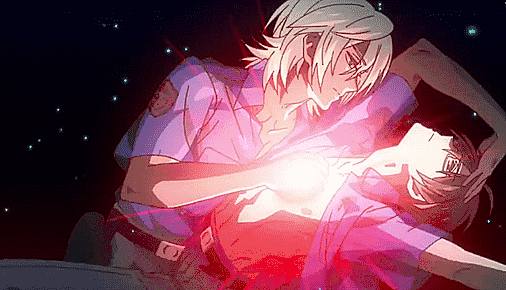
Strengths:
-They go about demonstrating the connections through nearly every and each kind of relationship (siblings, parents, lovers, friends) dissecting whether what the person wants is a loving connection, or a desired one to fill their own satisfaction and greed
-The symbolism of the villains being Otters=(kawa uso) relating to lies(uso) and how they can distort someone's way of thinking so drastically that they can harm the people around them, especially the ones they love
-The ENDING!! The message that things WILL get better, even if they aren't good right now.
-The art style and animation, a personal love of the squishy character designs and fluidity of the transformation and song sequences
-The songs!! So good!Weaknesses:
-They honestly could've stretched this to 15 episodes, as I feel it was a liiiittle rushed.I would recommend this show wholeheartedly, to those who want something silly, while becoming serious in its later half, dealing with death, selfishness and a loss of who you really are.
Final score: 9.6/10
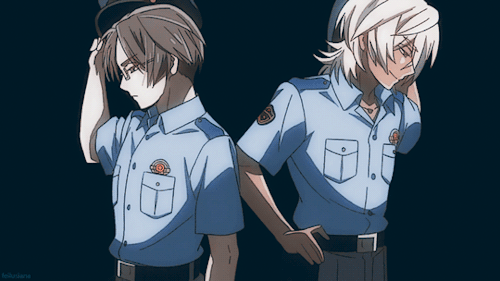
I only spare this from being 10/10 due to the fact that some things don't make much sense until way later on, as information is given to the viewer in parts, but really, I'm nitpicking.
SARA
SARAAA
SARAAAAA
SARAZANMAI!!

AndoCommando
75/100Ikuhara unleashes his newest brainchild in unconventional form, with a pure message that comes from the heart.Continue on AniList“I want to connect, but I want to lie.”
Sarazanmai presents two sides of the same coin. On one side, we have desires; the sense of longing and hoping for a certain outcome. Often considered an innate part of our humanity, they can also be attributed with the darker aspects of one’s personality. They’re the deep secrets we hold to ourselves, not wanting the world around us to know about, and dreading the thought of if they were found out. But as much as the show focuses on desires, it’s just as focused on connection. The world is comprised of all kinds of connections, whether by blood, through communities or even with similar desires. We are all connected in some way to one another… But connections can be broken just as easily as they were formed. And even with a desire to connect with other, can we truly form the connections we want with the desires we hold still intact?
“I want to connect, but I want to take.”
Sarazanmai is the latest series of one of anime’s most stylistic and socially-conscious directors in Kunihiko Ikuhara. His ability to tackle thematic topics such as love, adolescence, destiny and power hierarchies through surreal plotlines and symbolism is arguably unmatched in the entire industry. Lauded as a visionary by fans, Ikuhara seems to increasingly escalate the bizarre nature of his works as they’re churned out. Sarazanmai does little to change this notion, taking viewers on a journey that’s honestly hard to describe on first impression. It should come as no surprise that the show can be very difficult to follow at first despite how overtly direct it is in its ideas. There’s such a unique blend of sexual symbols and homoerotic imagery on display that could easily warrant essays analysing just those aspects. But my interest in the show lies more in the characters here, with Ikuhara having crafted in my opinion an oddly compelling character drama in the span of 11 episodes.
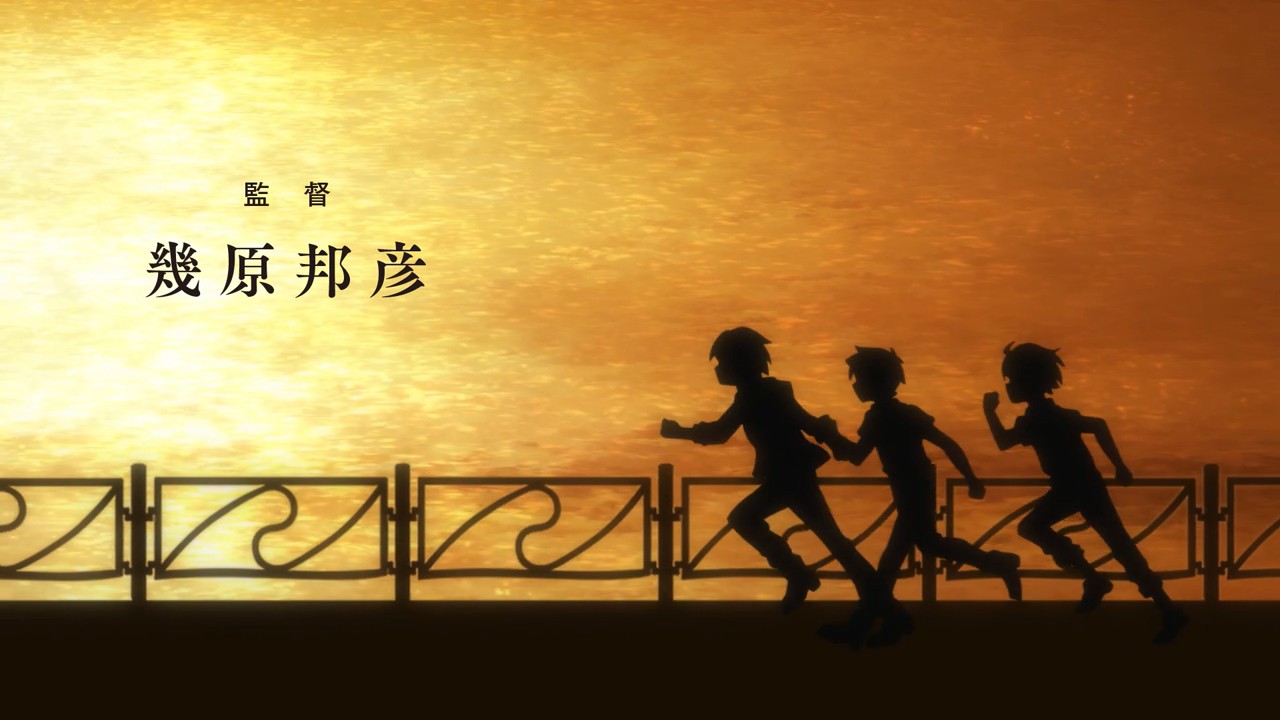
“I want to connect, but it’s not meant to be.”
The main cast of Sarazanmai consists of three middle school students, all vying to protect the desires they hold dearest. The first of the trio to be established, Kazuki Yasaka, also happens to be the most fortunate of the group on the surface. Liked and appreciated by practically everyone around him, it’s not until his more startling hobbies are brought to light that reveals a clearer picture of Kazuki. He’s a child burdened with self-guilt, feeling responsible for crippling his younger brother because of his own selfish wishes, and as a result tries giving him the happiness he felt was taken away. But make no mistake, Kazuki’s actions are made for his own sake, not his brother, show a fundamental flaw in his character: maturity. Kazuki understands his own mind and wishes, but is unable to recognize the minds of others, and without the latter remains wary of the connections he still has. Until he’s able to appreciate others more, his struggle with connection can only continue.
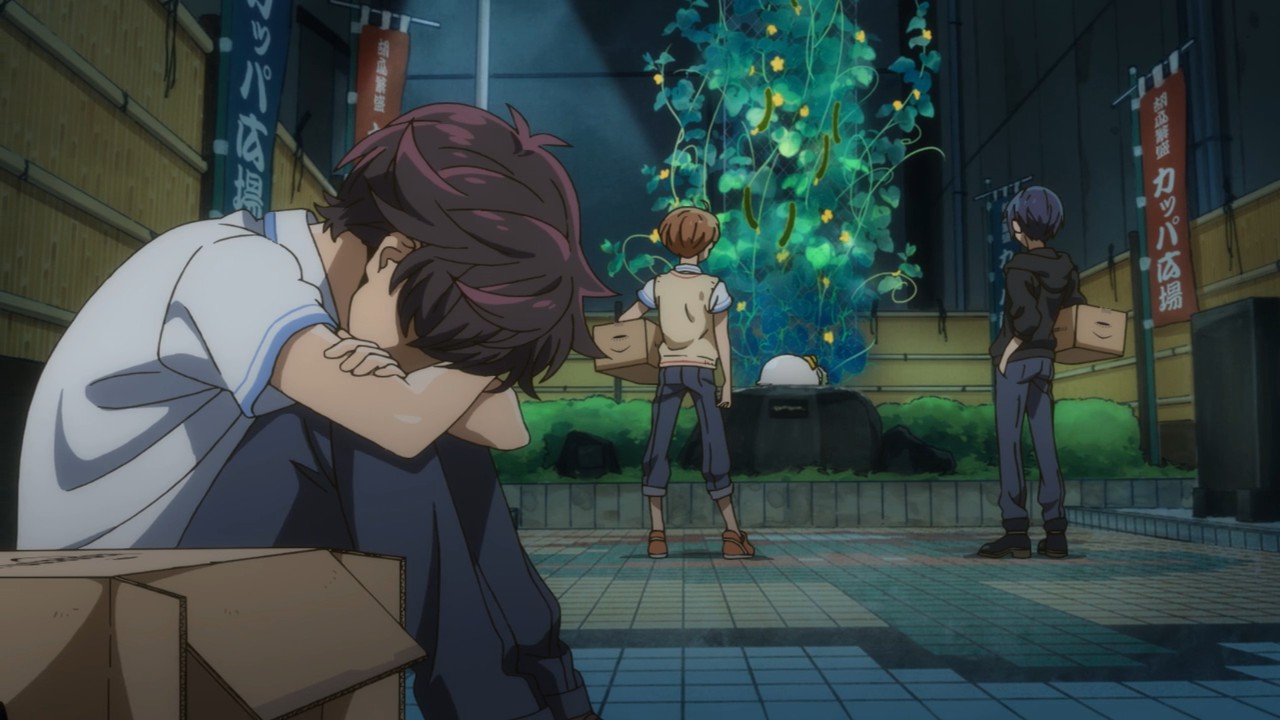
“I want to connect, but you’re so far away.”
Toi Kuji is an interesting case in that he acts as a direct opposite to Kazuki initially. The delinquent to Kazuki’s upstanding persona, he ironically counters Kazuki’s self-centredness through being the most empathetic and mature of the three. He understands the feelings and relationships of others best, and despite some troubles with communicating his own thoughts, connections can be formed with others. But in Toi’s case, it’s not so much about forming them, but preserving them. Toi underneath his mysterious nature and dubious actions does have respectable desires – to save the soba shop his parents owned and to get away from the illegal circumstances his brother pushed him towards. From an early age he was taught of the importance of familial bonds, though under the inkling that it ultimately came at the cost of other potential bonds. However now he arrives at a crossroad between preserving the relationship he has with his brother, or valuing the connections made through friendship more. Maybe more importantly, is he worthy of having these new connections?
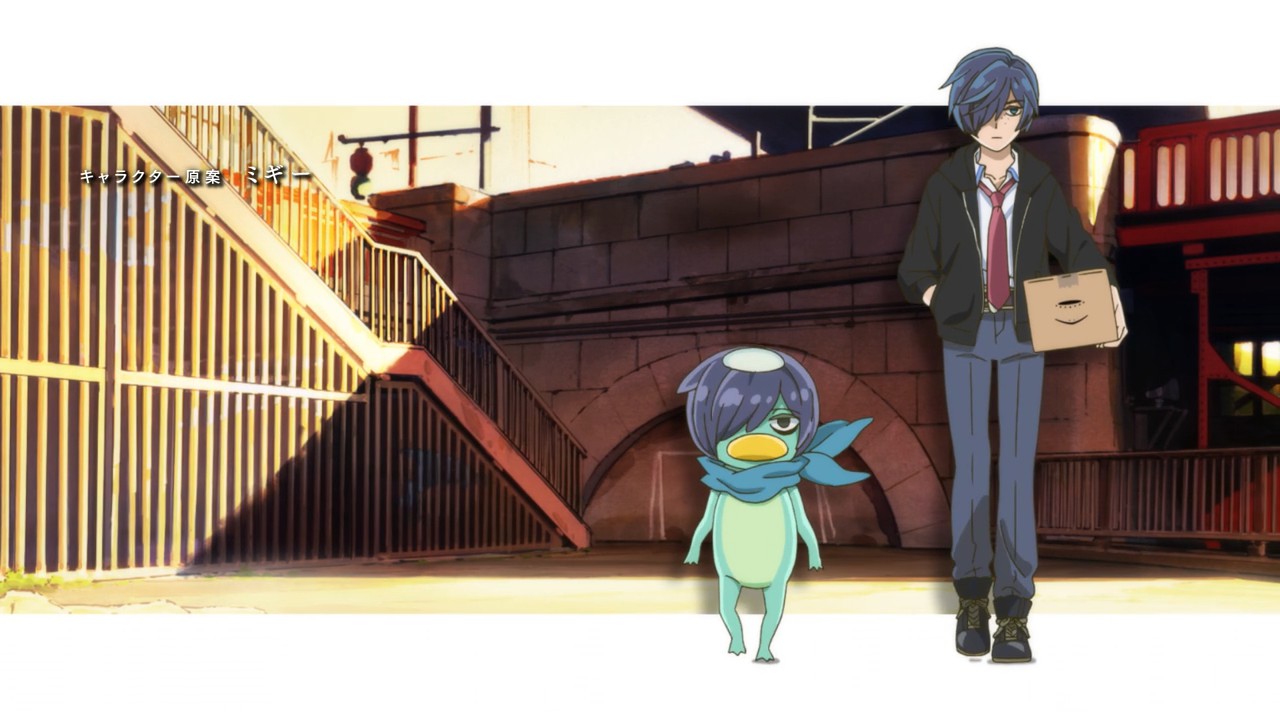
“I want to connect, but I can’t be forgiven.”
Enta Jinnai is the last of the three to be enveloped in Sarazanmai’s story, whose desires are probably the most simplistic of the three, but still a core part of his character. Unlike familial love or friendship, the kind of connection Enta yearns for is romantic love, specifically toward his best friend since childhood, Kazuki. But as much as Enta might try to form that connection, his feelings are not reciprocated. Enta can clearly be seen as cheerful, innocent and the one with the least amount of baggage, but overtime it’s readily apparent how frustrated and fearful he is about Kazuki and his situation, at times even hallucinating about what his ideal romantic relationship would be like. A connection already exists between the two, just not the type he honestly wants most. A solution may seem obvious to us as onlookers, but if it were us, what choice would we make? Abandon this desire for unrequited love with someone who has never registered these emotions? Keep these strong feelings bottled up for fear of losing your closest and possibly only friend? Or end up pursuing them, and risk falling in a cycle of heartache as a result.
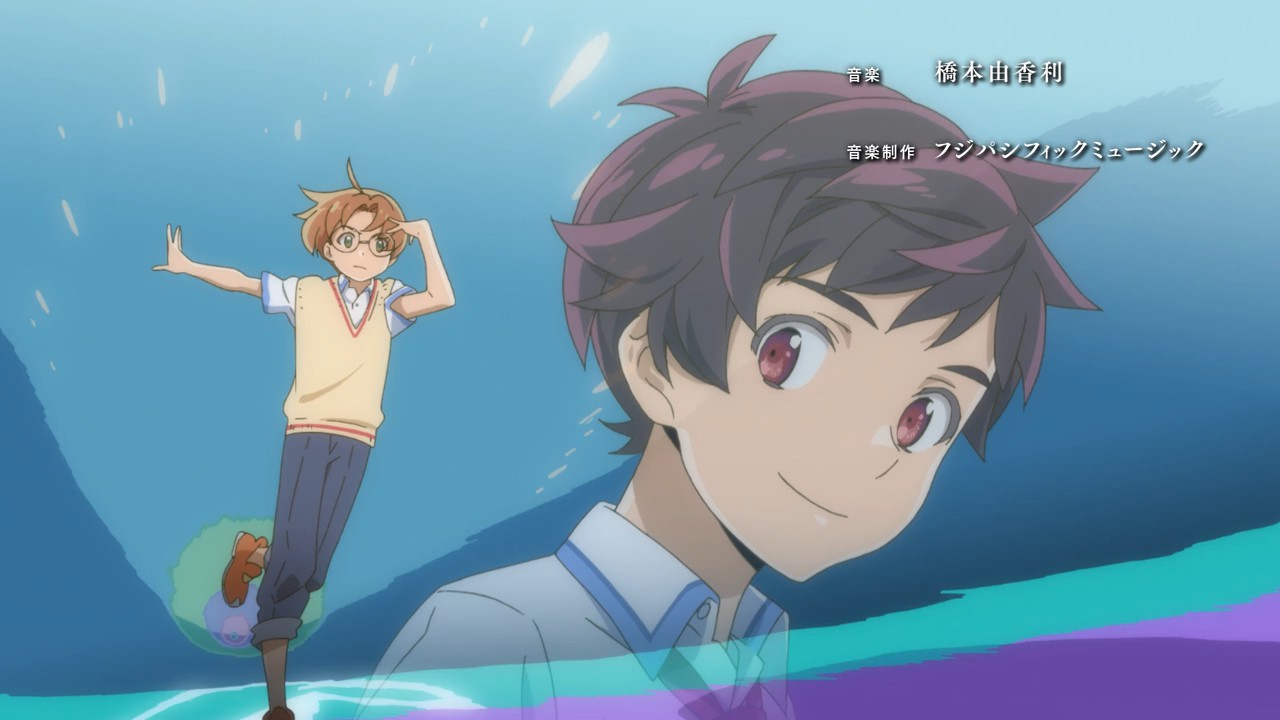
“I want to connect, so I won’t give up.”
Three distinct personalities all different from each other are brought together through the strangest of ways – being transformed into kappa and having their shirikodama removed from the anus, before having to fight zombies and remove their shirikodama in order to become human again, assisting the Kappa kingdom in their ongoing war against the Otter Empire. The premise is certainly original, but the themes are what take centre stage here. How connections between people are forged, strained and how that pain can affect each other being the most overt example, but for as much as the series shoves connections at the audience, the relationships between the cast are formed rather organically. The way each character’s darkest secrets are revealed after each fight is what leads to the natural bonding in the show. There’s a trust created as they rely on one another whilst holding their own goals that would put each other at odds, a dynamic rarely explored in anime and is reinforced through the explicit symbolism. But these bonds may also speak to the level of trust required in a world not accepting of their desires, with the backdoors of society being the one place where people can freely express themselves. Or perhaps the world is not as it seems, and in reality is controlled by an industry feeding and profiting off our desires through corporate means. Or maybe it’s just saying that it’s ok to be gay. This is both the beauty and difficulty of Ikuhara’s works; always shrouded in so many visual metaphors that it presents itself as a puzzle, almost devoid from the typical standards of storytelling but still encapsulating a myriad of ideas and messages, to where viewers are inclined to decipher the dense tale themselves. It’s not a style that everyone will enjoy, or even acknowledge, but for those who do, it’s part of the charm, something that is constantly gleaming off of Sarazanmai
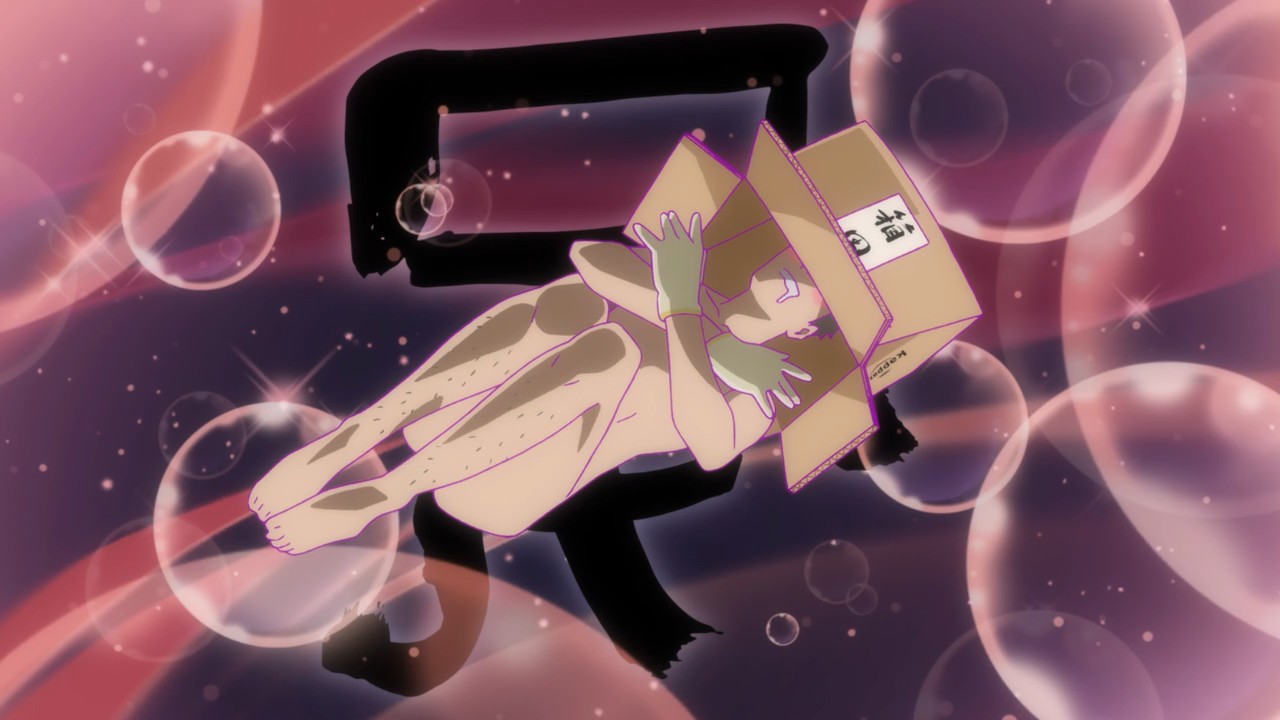
“I want to connect, but I want to betray.”
Now while I am personally a fan of Ikuhara and this series, there are some glaring issues I have with Sarazanmai, most notably due to how this eccentric tale is contained in only 11 episodes. Ikuhara, as beloved as he is by many, is known for his many tropes, from wacky animal hijinks and overly flamboyant poses, to increasingly surreal and almost gratuitous imagery, to the worst of his traits: his re-use of animated scenes. Sarazanmai features all of these quite regularly throughout its broadcast, to a degree where it can be no longer inviting for viewers unfamiliar with Ikuhara’s work. But speaking for myself, watching so many of his trademarks on display leaves very little room for the show to breathe when it needs to. The director’s previous work, Yuri Kuma Arashi, is the worst example of this. To quote a review for the series: “Watching Yuri Kuma Arashi is like trying to memorize the first 100 digits of Pi. Succeeding might technically be considered an accomplishment, but good lord is it meaningless.” Thankfully Sarazanmai does not become this insufferable, staying a joy to follow moment by moment whilst remaining coherent on top. But the quirks do leave their marks on the series. For a show so based around connecting to its characters, the audience is given little incentive to care for the characters in the first place. Factor in the repetitive tropes, a breakneck pace and a script that beats the term “connection” into your skull, and as a result we’re left with inconsistent development and key events not able to fully capitalize on their emotional impact. I truly believe it would have benefited from having more time available to explore the world, the cast, their backstory, etc. in order to tell a more complete story without rushing to the finish line. But alas, we fans get what we are given.
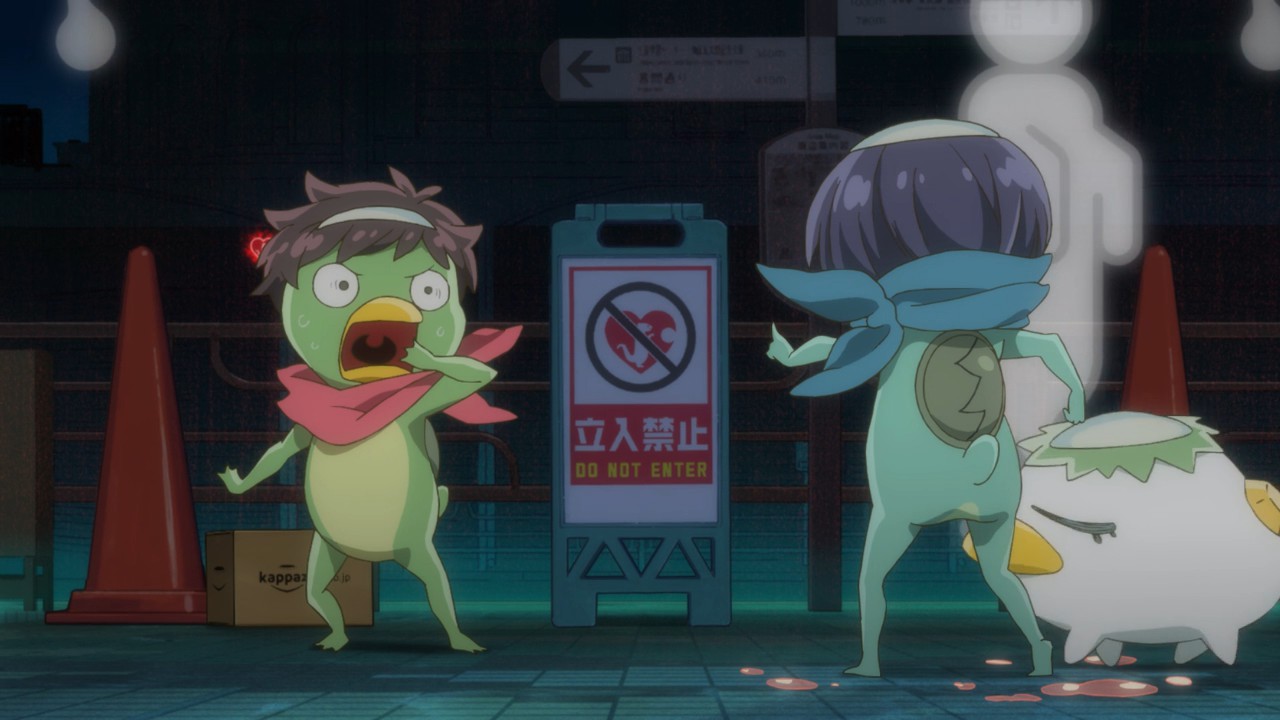
“I want to connect, but we’ll never meet again.”
Ikuhara’s history as a director is riddled with him having to compromise in some way on most of his projects, whether it be the numerous limitations that faced the production team for Yuri Kuma Arashi, or him completely abandoning his position on the Sailor Moon TV series. But with Sarazanmai, it’s hard to tell if there were any issues the crew faced. Very rarely does an anime emerge with the kind of intensity that Sarazanmai brought in the first episode. At face value, the show is visually stunning, using a multitude of vibrant colours and attractive character designs that immediate distinguish it amongst the crowd. The show also has a knowledgeable understanding of colour theory, with red, blue and yellow used to help define the personalities of the main trio. The series features a surprising amount of action that’s animated very well. I find it extremely praiseworthy that despite MAPPA being credited as the main studio, the first 4 episodes were produced by Ikuhara’s small team at Lapin Track and look no different from MAPPA’s work on the project. The show is like an explosion on the screen, bringing Ikuhara's vivid creativity and imagination to life.
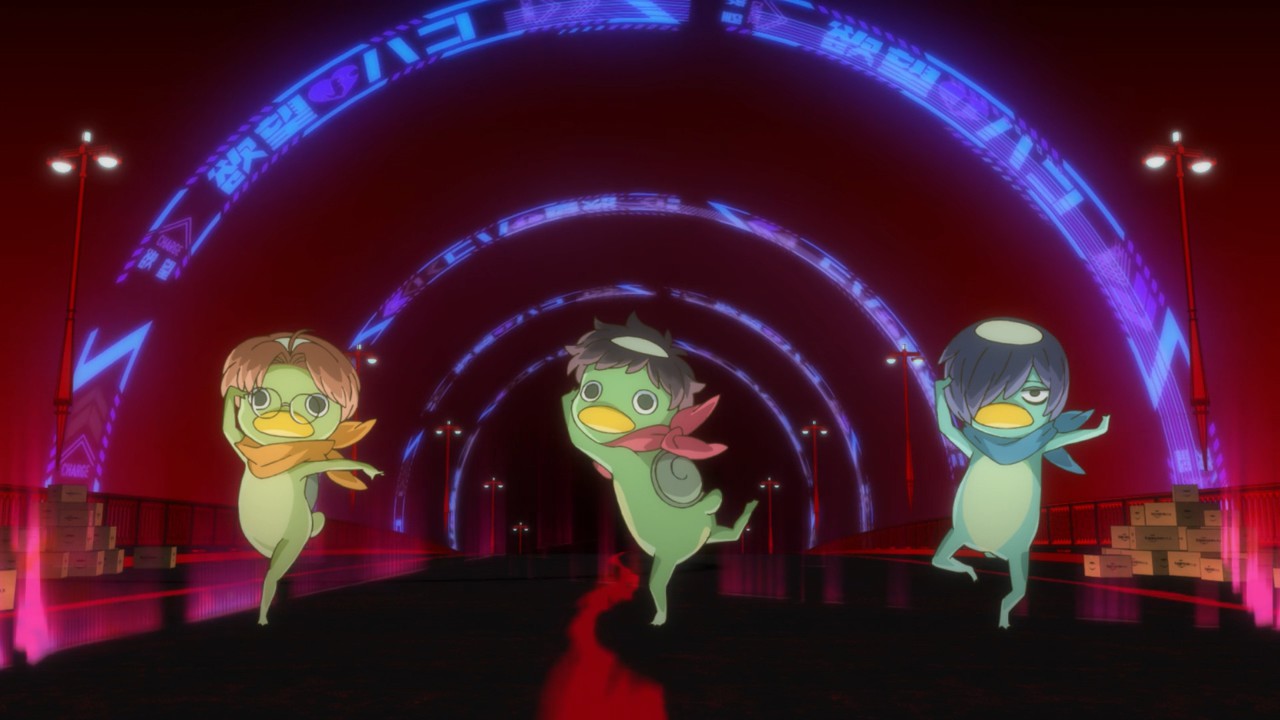
“I want to connect, but I can’t express it.”
The music for Sarazanmai is fantastic and well-voiced even with how repetitive it can be. Each of the fights feature the same tracks over re-used animated footage of the same dance sequence most episodes. The show takes inspiration from musicals with how it uses a mixture of diegetic and non-diegetic songs that help propel plot and character development, another rarity to be found in the medium. The themes of desires and secrets mesh well with the musical format, utilizing the basic structure and common song format to help give the series a theatrical essence in these moments. The voice acting is also excellent in conveying the appropriate tone, clarity and emotions required from each scene, effectively helping to humanize the characters. The soundtrack was composed by Yukari Hashimoto who also worked on the soundtracks for March Comes in Like a Lion, Toradora, Osomatsu-san and one of Ikuhara’s other works, Mawaru Penguindrum. Yukari has a knack for combining traditional Japanese motifs with modern electronic-style music to create a collection of tracks that’re uplifting in their own distinct way. The opening and ending themes are also bangers if that means anything to you.
“I want to connect, but I can’t.”
Sarazanmai, as much as I may like it, is an anime I find difficult to recommend, simply due to how hard it is to describe the kind of experience someone is in for. And in a way, that’s how Ikuhara’s works differ from the norm. There’s a story to be found and characters to move it forward, but they rely on interpretation to the point where my experience could end up completely different to that of the average anime watcher. But what I will say is that Sarazanmai sums up a bit of every original work from Ikuhara: The structure of a battle closing each episode with meaning behind each foe faced from Utena, the comparison of love and desire from Yuri Kuma Arashi, and the way society works with a shredder to destroy what the world doesn’t accept from Mawaru Penguindrum, all while maintaining its own identity. Sarazanmai is a weird show, but the weirdness is not complicated, as it constantly bears two sides of the same coin. Connection is an important part of the show, and our lives, but the show is also about hidden desires – the embarrassing parts of ourselves we don’t wish to share. The truth is we all have weird parts about ourselves, and we’re afraid we won’t be accepted if we admit those things. Yet in Sarazanmai, admitting those desires allows for real human connection to foster, and there’s something worth fighting for in that.
“I want to be connected.”
SIMILAR ANIMES YOU MAY LIKE
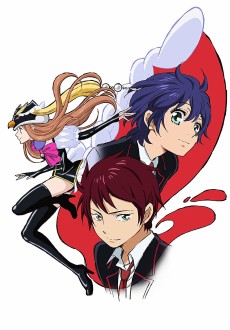 ANIME DramaMawaru Penguindrum
ANIME DramaMawaru Penguindrum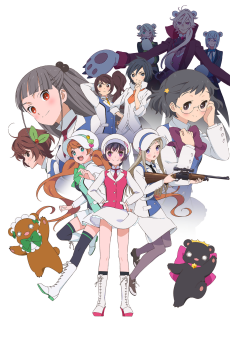 ANIME DramaYuri Kuma Arashi
ANIME DramaYuri Kuma Arashi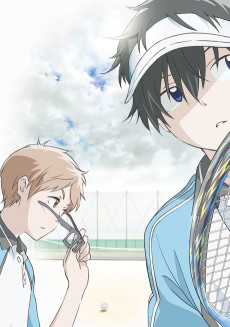 ANIME DramaHoshiai no Sora
ANIME DramaHoshiai no Sora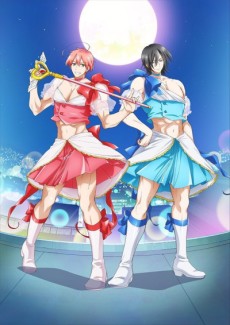 ANIME ActionMahou Shoujo Ore
ANIME ActionMahou Shoujo Ore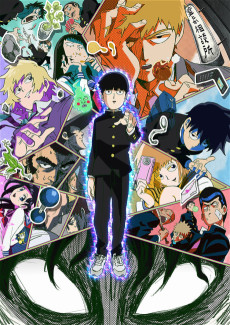 ANIME ActionMob Psycho 100
ANIME ActionMob Psycho 100
SCORE
- (3.65/5)
TRAILER
MORE INFO
Ended inJune 21, 2019
Main Studio MAPPA
Trending Level 1
Favorited by 1,167 Users
Hashtag #さらざんまい

